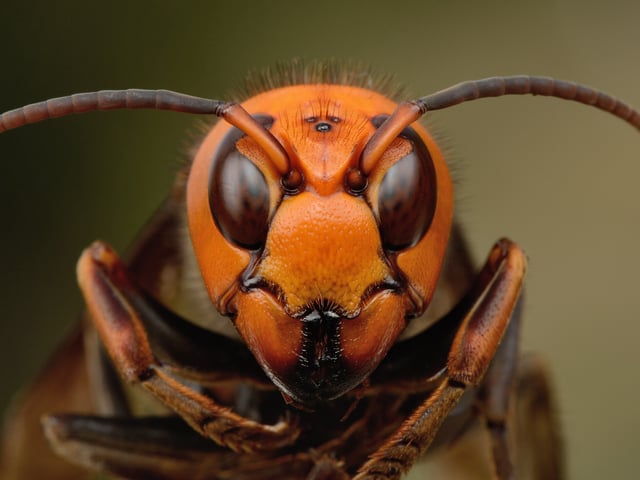Overview
- Germany has officially classified the Asian hornet (Vespa velutina) as established after its spread from initial 2004 detections to multiple states including Bavaria and North Rhine-Westphalia.
- North Rhine-Westphalia authorities now remove hornet nests only in exceptional cases, assigning removal duties and costs to property owners.
- The hornet preys heavily on honeybees—accounting for up to 85% of its protein intake—threatening pollination services and reducing crop yields.
- Nest removal is complicated by the insects’ tendency to build large colonies high in trees or on buildings, which can contain thousands of individuals.
- Control efforts by networks like Velutina Netzwerk Saar focus on early nest detection and targeted eradication, as experts consider full eradication unattainable.
